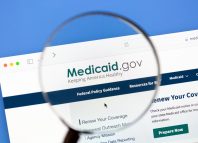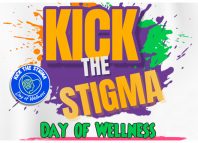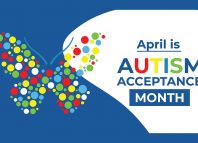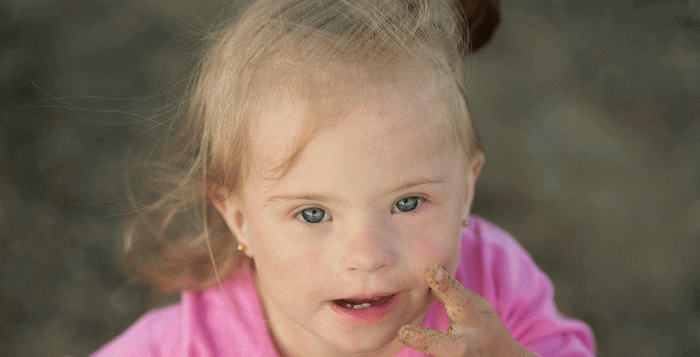From the Department of Human Services:
The Wolf Administration is committed to serving more people in the community whenever possible, and we believe that the work performed by direct care workers (DCWs), including personal attendants and other household aides, enables individuals with disabilities to live a more independent life. We have heard from many people asking for a policy clarification on the types of non-skilled, home care services and activities that DCWs can perform in home- and community-based settings.
Last week, the Wolf Administration issued a policy clarification surrounding the role of DCWs.
The non-skilled activities provided in the consumer’s place of residence or other independent living environment are specialized care, a type of home care service unique to the consumer’s care needs that are exempt from the licensure requirements under the Professional Nursing Law and Practical Nurse Law.
DCWs may perform these non-skilled services/activities, with evidence of competency or training, provided they do not represent or hold themselves out as being licensed nurses, licensed registered nurses, or registered nurses; or use in connection with their names, any designation tending to imply they are licensed to practice nursing.
Individuals with disabilities will have a greater chance of remaining in their homes and community when they are able to receive assistance with long-term supports and services from DCWs. These non-skilled, routine activities/services include:
- assistance with bowel and bladder routines;
- assistance with medication;
- ostomy care;
- clean intermittent catheterization;
- assistance with skin care; and
- wound care.
DHS appreciates the partnership with the departments of Health and State and the collaboration with ADAPT and Disability Rights Pennsylvania in issuing this important policy clarification. Further guidance will be issued as appropriate to ensure successful implementation.















